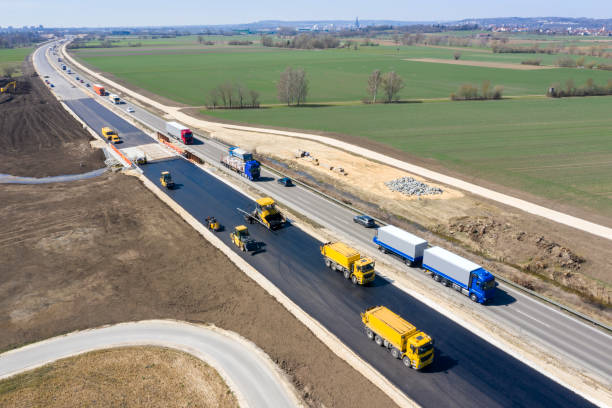Published: June 29,2022
By Staff Writer

US President Joe Biden and other G7 leaders On Sunday, June 26th, during an annual gathering atSchloss Elmau in southern Germany, relaunched the newly renamed “Partnership for Global Infrastructure and Investment.” The United States and its partners pulled resources together for high-quality financing and technical support for infrastructure projects throughout the world, US official documents disclose. The infrastructure plan, was originally part of US “Build Back Better World” agenda which was first launched at the 47th G7 summit which was held from 11 to 13 June 2021 in Cornwall, England.
Although the US and G7 claim that the “Partnership for Global Infrastructure and Investment,” in which the G7 countries pledged to raise $600bn in private and public funds over five years to finance infrastructure in developing countries is a normal partnership with the like-minded to support infrastructure development in developing countries, political analysts believe that its main purpose is to counter China’s Belt and Road Initiative (BRI). The motive therefore, is not about helping the developing world, but to compete with China.
In September 2013, Chinese president Xi Jinping launched the grand economic project which has attracted many countries in the world. In Africa alone, as of April 2020, about 42 African countries had signed onto an agreement or understanding with the One Belt One Road initiative. This development threatened the US and its allies who rushed to counter “China’s global influence” by suggesting parallel projects to resuscitate their old age global dominance especially within the developing countries that are in critical need of economic and infrastructure.
The projects under BRI are mainly related to infrastructure development in the transport, energy, mining, IT and communications sector but also cover industrial parks, Special Economic Zones (SEZ), tourism and urban development. Many of the BRI branded projects have already been started before 2013.
At the G7 meeting, US pledged to mobilise $200bn in grants, federal funds and private investment over five years to support projects in low- and middle-income countries that help tackle climate change as well as improve global health, gender equity and digital infrastructure.
“I want to be clear. This isn’t aid or charity. It’s an investment that will deliver returns for everyone,” Biden said, adding that it would allow countries to “see the concrete benefits of partnering with democracies”.He further added that hundreds of billions of additional dollars could come from multilateral development banks, development finance institutions, sovereign wealth funds and others.
In response to the G7 launch of the “Partnership for Global Infrastructure and Investment,” China welcomed the initiative as a good step towards improving global infrastructure, but cautioned against mudslinging China’s Belt and Road Initiative (BRI). “China always welcomes all initiatives to promote the building of global infrastructure,” said Zhao Lijian, Chinese Foreign Ministry spokesperson.
African political analysts believe that the G7 program is part of a wider agenda by US and its allies to sabotage China’s development initiatives with the developing world, where the propaganda of “debt trap” has been used to threaten developing countries from dealing with China. When Biden said that, “We are offering better options for people around the world,” during the G7 meeting, this was understood as a statement meant to undermine China.
Zhao noted that according to a report from the World Bank, BRI transport projects could help lift 7.6 million people out of extreme poverty and 32 million people out of moderate poverty globally from 2015 to 2030.
The US and western allies should desist from playing politics as well as undermining China, on global infrastructure development, but instead, complement each other so that infrastructure development should not be a reserve of developed countries, but support developing countries to catch up with the developed world. However, history has shown that majority western countries developed at the expense of suppressing poor countries ever since colonization.
For comments or opinion write to us oninfo@africachinareview.com
You can also follow us on twitter account @africachinarev
 Africa -China Review Africa -China Cooperation and Transformation
Africa -China Review Africa -China Cooperation and Transformation
